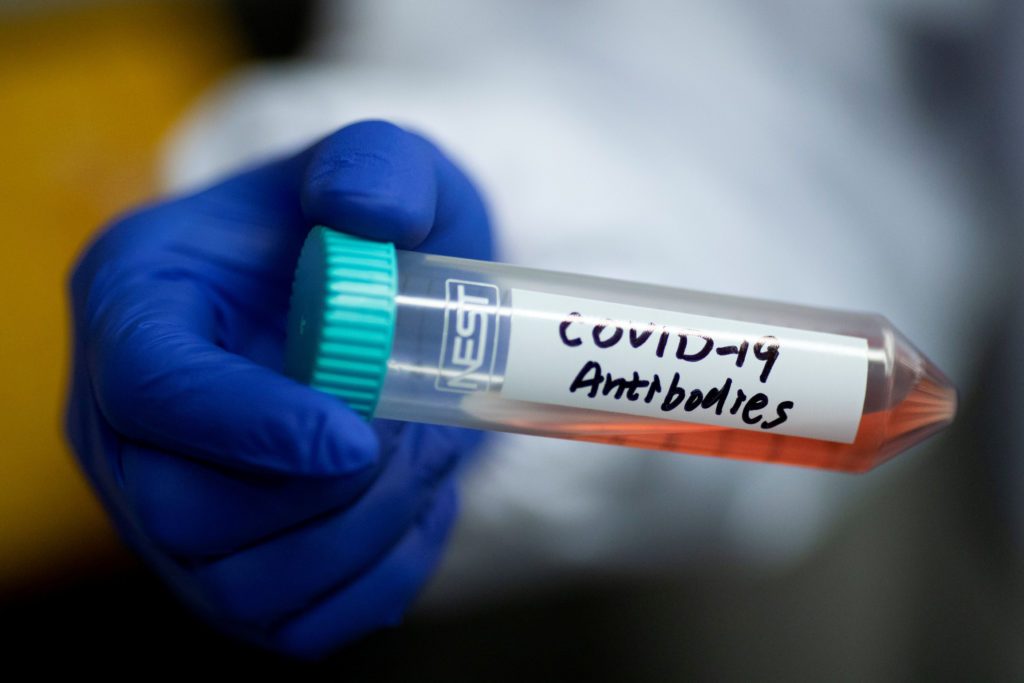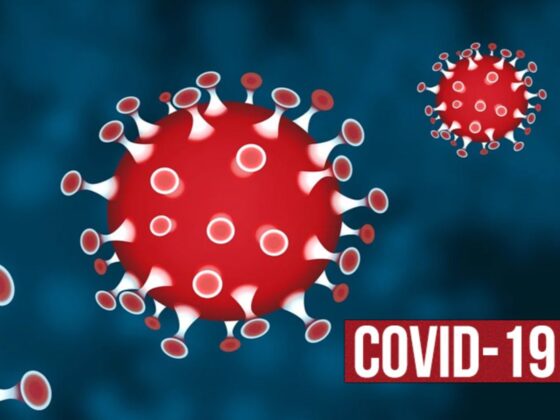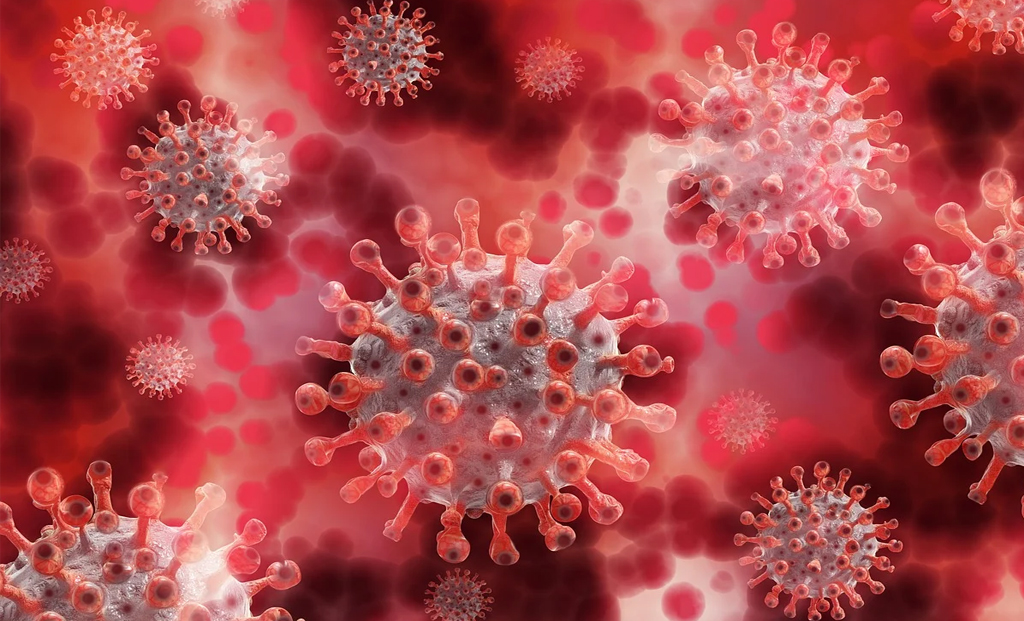–Dr. Angeli Misra, Director Lifeline Laboratory
There are two types of antibodies that are found in Covid 19 infections IgM and IgG. The IgM antibodies start forming from the 4th to the 7th day and may last till days. The IgG antibodies start forming around 7 -10 days and these are the longer-lasting antibodies that are protective in nature.
In addition to this the antibodies, both IgM and IgG are formed against the various antigens of the virus . The virus has many proteins and these are the S protein, the N protein the E protein, and the protein. All these proteins are recognized as foreign by the human body and antibodies are made against these proteins.
Can antibody levels be tested? If so how do you choose what antibody to test?
The antibodies can be tested in the laboratory by a method called ELISA or CLIA. The IgM antibodies will give us the information that the person has had a recent infection. It does not however indicate if the virus is cleared from the body. Hence the test cannot be used as a diagnostic test for Covid infections. The IgG can be tested and indicates an infection more than 7-14 days old. The presence of IgG may to a certain extent give some indication regarding protection against reinfection.
What are the types of Antibody testing available in clinical path labs?
The antibodies available are Pan IgM, Pan IgG, and Anti-Spike antibodies. The Pan IgG antibodies are a sum of all the antibodies that are made against the various proteins of the Covid Virus (which includes the antibodies against the N protein, E protein, and the S protein). The anti-spike antibody measures the antibodies made by the body specifically against the Spike protein.
How do we choose the antibody test that we must ask the laboratory to do?
The Pan IgG will indicate a previous infection or vaccine. However, it does not tell us about the capacity of the antibody to protect us from reinfection. To know the level of the protective antibody Anti spike antibody levels must be estimated.
What is the antibody one should do post-vaccination?
Most vaccines are using the S protein as an antigen for vaccinations. To check the efficacy of the vaccine one must do the anti-S or anti-Spike antibody levels.
What are Neutralizing antibodies?
Neutralizing antibodies are antibodies that prevent the virus from attaching to the host cell. In the case of Sars Cov 2, these are Antispike antibodies as they bind to the spike protein and prevent the spike protein from attaching to the ACE 2 receptors. The other type of antibodies are binding antibodies and they bind to the virus antigen. The binding antibodies also aid in immunity by activating the other cells to help in other T and B cell immunity.However, to check the immunity from infection it is the neutralizing antibodies that have a major role
How long is one protected after a Covid infection and Vaccination?
Research has shown that the antibody levels start to decline after 3 months. The person is prone to reinfection after this. However, the mechanism of immunity is complex and along with humoral immunity the cell-mediated immunity also plays a major role in the protection against the infection
Post-vaccination also it is presumed that the levels of antibodies will decrease over a period of time and hence Booster dose of the vaccine may be required.
What are the levels of protective antibodies?
The levels of protective antibodies are not known and further research is needed to establish this. However the more antibodies the lesser are the chances of reinfection
What are the levels of antibody-dependent on?
There is a correlation between the severity of the symptoms in Covid and the levels of the antibodies. The more severe the symptoms the higher the antibodies.
Different vaccinations have a different immunogenic response and further research is needed in this respect.











